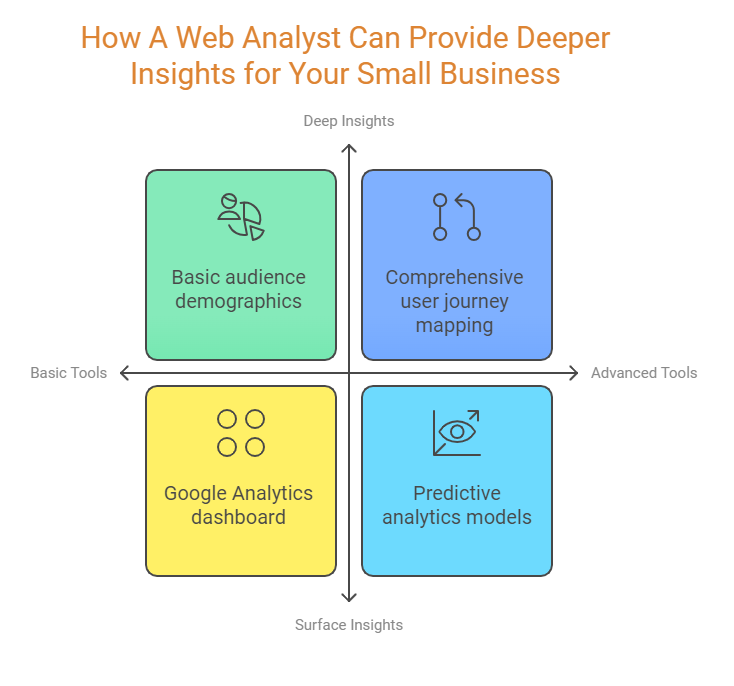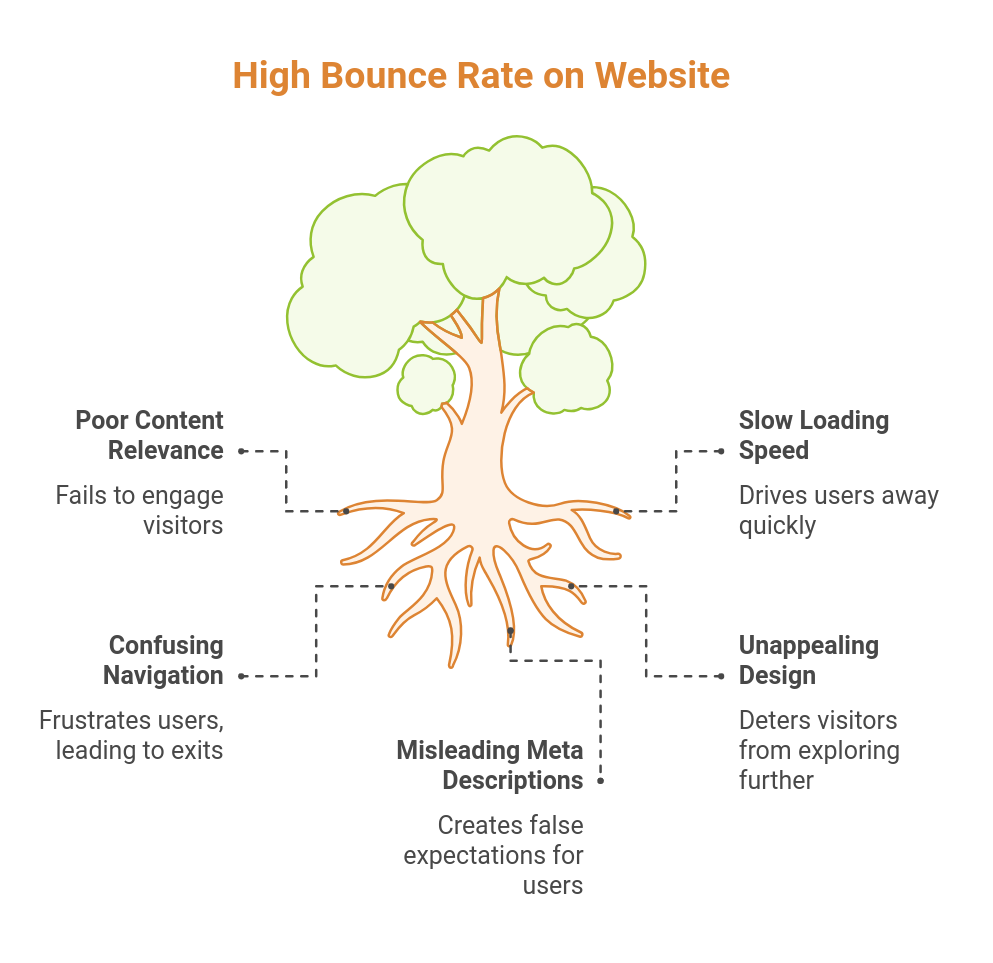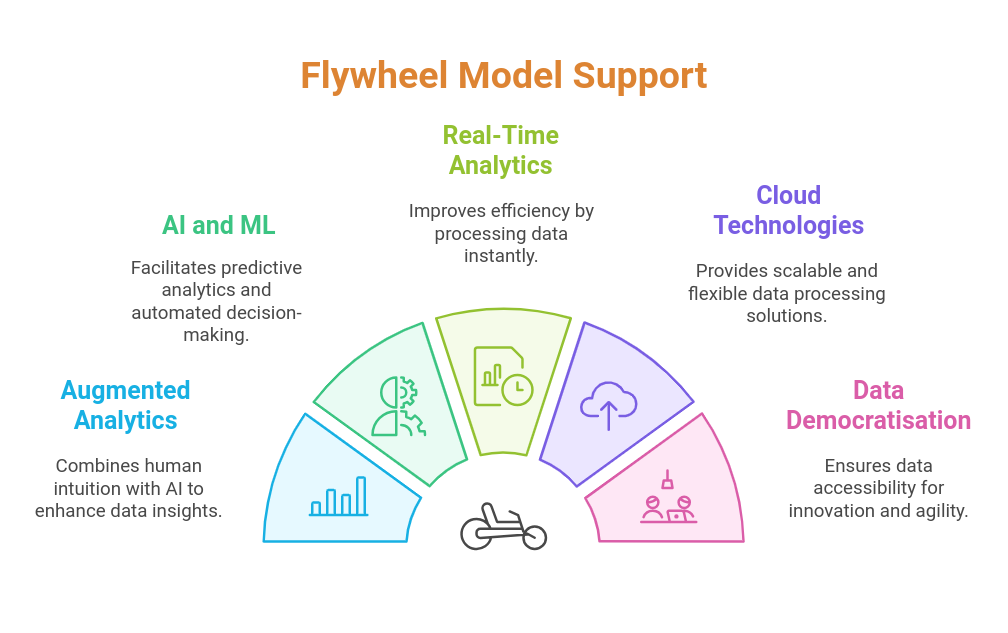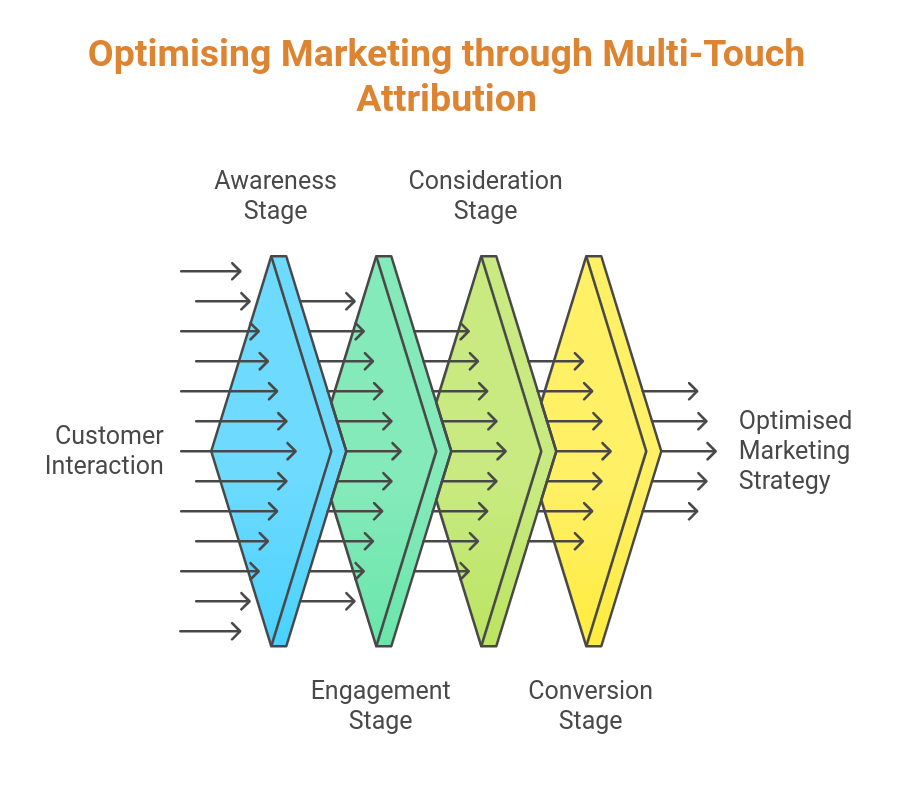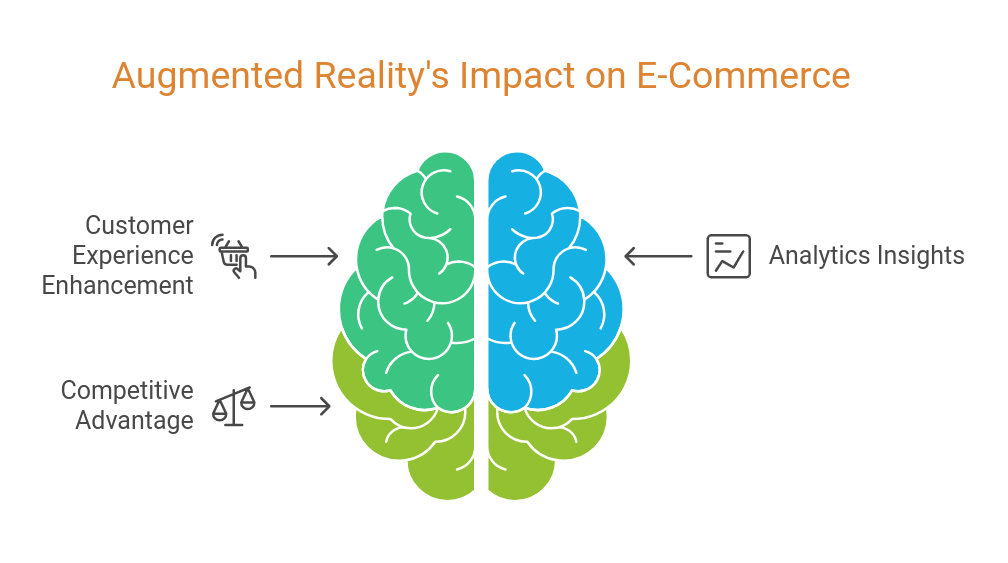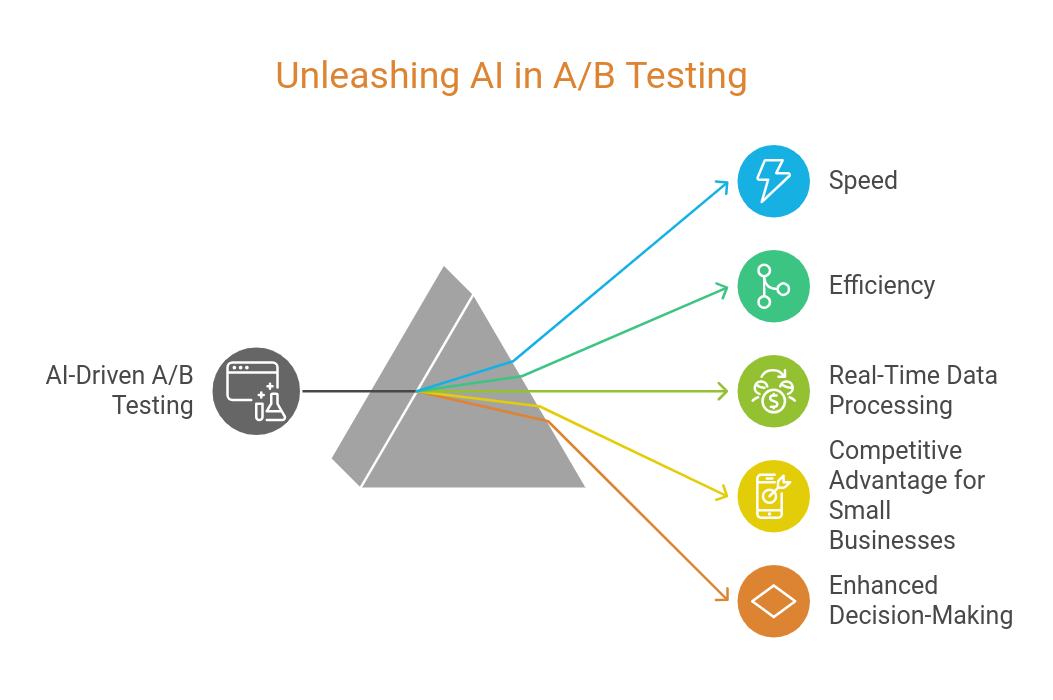In the ever-evolving digital landscape, relying solely on Google Analytics may not suffice for small businesses aiming for a competitive edge. While it provides a solid foundation, leveraging advanced analytics tools and strategies can unlock deeper insights into your audience, user experience, and marketing performance. This post delves into how a web analyst can elevate your business intelligence beyond basic metrics.
Understanding Your Audience More Deeply
Google Analytics offers a glimpse into website traffic and user behaviour, but to truly understand your audience, you need to dig deeper. Advanced web analytics tools can provide a comprehensive profile of your visitors, including demographics, interests, and behavioural patterns. This granular data enables you to tailor your content, products, and marketing strategies to meet your audience’s specific needs.
For instance, tools like Hotjar and Crazy Egg offer heatmaps and session recordings that reveal how users interact with your site, providing insights into user intent and engagement. By understanding these nuances, you can create more effective and targeted campaigns that resonate with your audience.
Actionable Tips:
- Segment your audience based on behaviour and demographics.
- Utilize heatmaps to identify popular areas on your site.
- Conduct A/B testing to refine your content and design.
Optimising User Experience
Beyond Google Analytics, web analytics tools are crucial in identifying and resolving user experience issues. By closely monitoring metrics such as bounce rates, average session duration, and conversion paths, you can pinpoint friction points that may hinder user engagement.
Consider using tools like Optimizely for experimentation and personalization to enhance user experience. These tools allow you to test different website elements, from layout to call-to-action buttons, ensuring that your site is intuitive and user-friendly.
Strategies for Improvement:
- Regularly review and update your website’s design and functionality.
- Implement user feedback loops to gather insights directly from visitors.
- Use conversion rate optimization (CRO) techniques to enhance performance.
Advanced Marketing Performance Tracking
To truly measure the impact of your marketing efforts, you must go beyond basic analytics. Advanced tools like call tracking software and marketing mix modeling can provide insights into how prospects discover your business and the financial return on your marketing investments.
For example, by integrating HubSpot or Marketo with your analytics setup, you can track the entire customer journey, from initial contact to conversion. This holistic view allows you to calculate the Return on Ad Spend (ROAS) and refine your marketing strategies accordingly.
Considerations for Effective Tracking:
- Implement UTM parameters to track campaign performance.
- Use attribution modeling to understand the customer journey.
- Regularly review and adjust your marketing budget based on data insights.
Identifying Trends and Competitor Analysis
Staying ahead of market trends and understanding your competitors’ strategies is crucial for small business success. Web analytics can help you spot emerging trends, such as increased social media traffic, which could indicate growing interest in your offerings.
Tools like SEMrush and Ahrefs can provide insights into your competitors’ online activities, revealing opportunities and gaps in the market. By analysing this data, you can make informed decisions to capitalize on these trends before your competitors do.
Steps to Gain Competitive Advantage:
- Monitor industry trends and adjust your strategies accordingly.
- Conduct regular competitor analysis to identify strengths and weaknesses.
- Leverage social listening tools to understand customer sentiment and preferences.
Enhancing Conversion Rates
Advanced web analytics can highlight areas for improvement on your website, such as high bounce rates or low conversion rates on specific pages. By addressing these issues, you can enhance user experience, increase engagement, and drive more conversions.
Consider implementing tools like Google Optimize for A/B testing and personalization. These tools can help you identify what works best for your audience, ensuring that your website aligns with their expectations and needs.
Practical Steps for Conversion Optimization:
- Identify high-exit pages and investigate potential causes.
- Test different versions of your landing pages to determine the most effective design.
- Utilize conversion funnels to understand user pathways and optimize them.
Storytelling with Data
Effective web analysts excel at transforming complex data into compelling narratives that drive decision-making. By using data visualization tools and clear communication, they bridge the gap between raw data and actionable insights.
“Data is the new oil, but data is only valuable if you refine it into actionable insights.” — Clive Humby, Mathematician and Data Scientist
Tools like Tableau and Power BI enable analysts to create interactive dashboards that highlight key performance metrics, making it easier for stakeholders to understand and act on the data.
Best Practices for Data Storytelling:
- Focus on key metrics that align with your business goals.
- Use visual aids to simplify complex data sets.
- Ensure your narrative is concise and relevant to your audience.
Leveraging Big Data and AI
Small businesses can gain a competitive advantage by leveraging big data and AI. These technologies can help you understand local targets, generate media plans, and measure outcomes effectively.
Platforms like Databricks and Amazon EMR offer comprehensive solutions for managing and analysing large data sets. By focusing on the financial impact of your data strategy, you can maximise the value of your big data initiatives.
Key Steps for Maximizing Big Data:
- Invest in scalable data storage solutions like cloud storage.
- Utilize machine learning algorithms to uncover hidden patterns and insights.
- Regularly review and refine your data strategy to align with business objectives.
Conclusion and Call to Action
In conclusion, moving beyond Google Analytics enables small businesses to gain deeper insights into their operations, audience, and market. By implementing advanced analytics tools and strategies, you can optimise your online presence, enhance user experience, and drive business growth.
Are you ready to take your analytics to the next level? Start by exploring the tools and strategies mentioned in this post and see how they can transform your business intelligence. For more insights, check out our other articles on advanced analytics strategies, improving user experience, and competitive market analysis.
Take action today and unlock the full potential of your small business with deeper web analytics insights!
